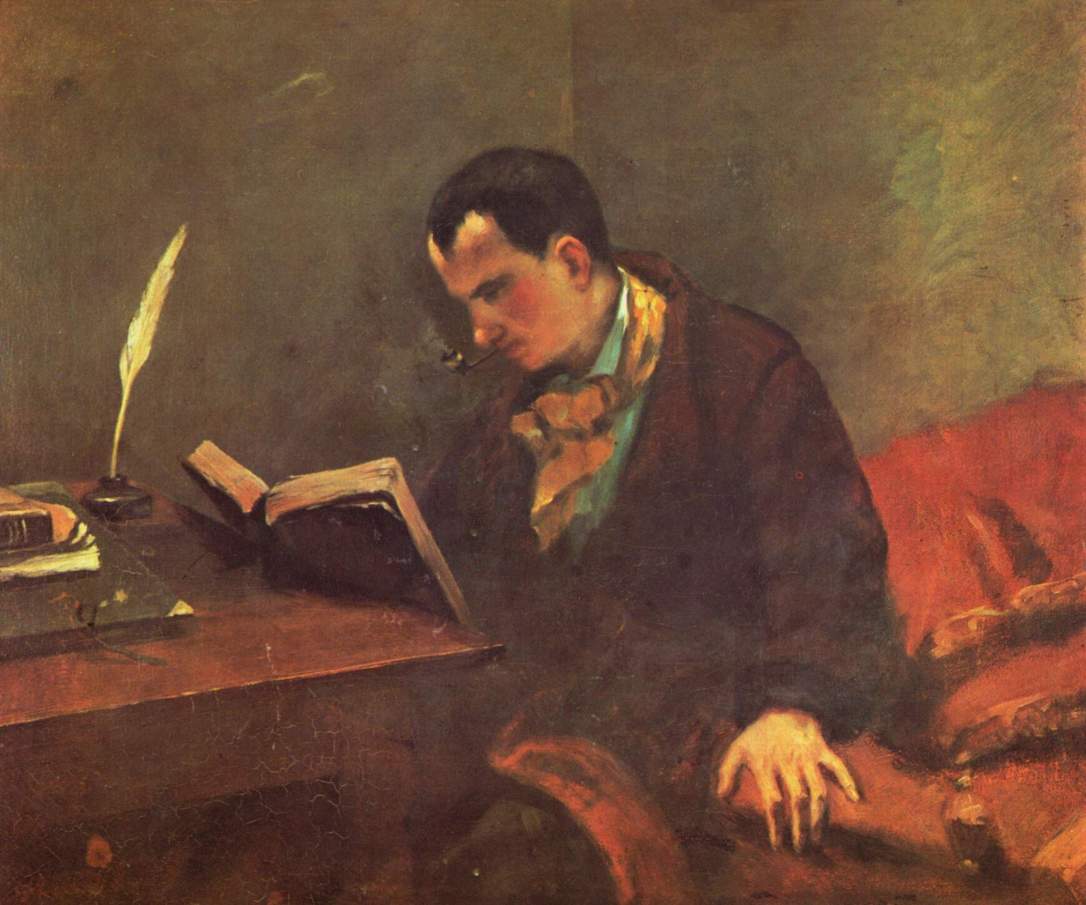
Just. Say. Sit Down—his voice buzzed into my earpiece—Stop saying ‘Please.’
No, I was never in the secret service. This was a teacher training program. From the back of my classroom, my “real-time coach” whispered into a microphone, a notebook covering his face so students couldn’t hear. If it sounds like a bizarre setup, it was. While it’s always helpful to have another set of eyes on the room, this coaching was directed at reforming my language. Yes, I suffered from a particular linguistic affliction—one that was ostensibly leading to noncompliance in my classroom: my propensity for “permission seeking language.” I asked too many questions, made requests instead of commands, and had the gall to say “please” and “thank you” to the students in my classroom.
No-Nonsense Teaching
A recent NPR article outlined the increasingly popular “No-Nonsense” teaching method. In this approach, teachers manage their classrooms through explicit directives, minimal praise, and 100% compliance. To. The. Letter.
“Your pencil is in your hand. Your voice is on zero. If you got the problem correct, you’re following along and checking off the answer. If you got the problem incorrect, you are erasing it and correcting it on your paper.”
The piece calls the approach a “unique teaching method [that] empowers teachers to stop behavior problems before they begin.”
But last week, the NYTimes released footage of a teacher at Success Academy, a No-Nonsense charter network, berating a 1st grade classroom for struggling with math. Continue reading “No-Nonsense Teaching and Narratives of Enslavement”








